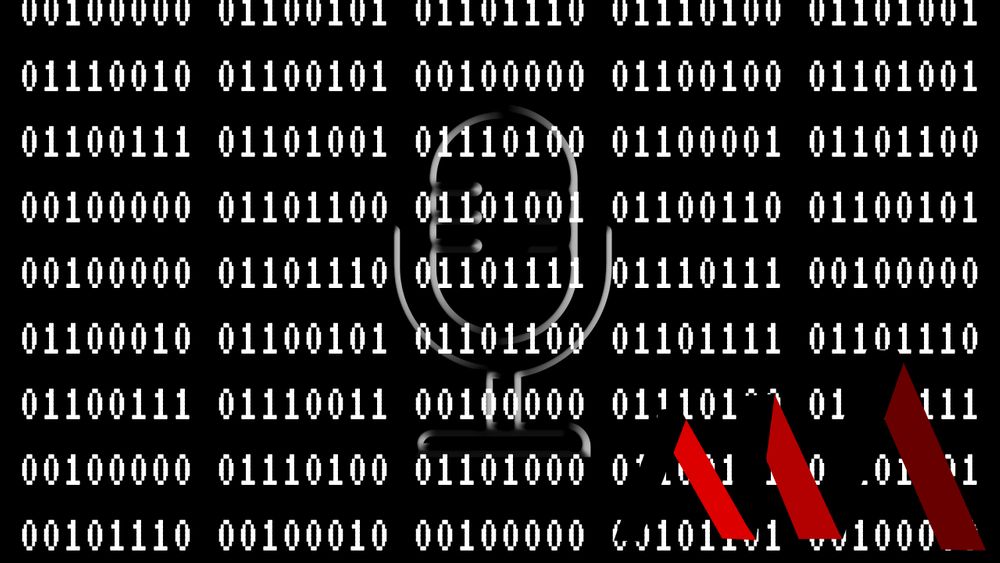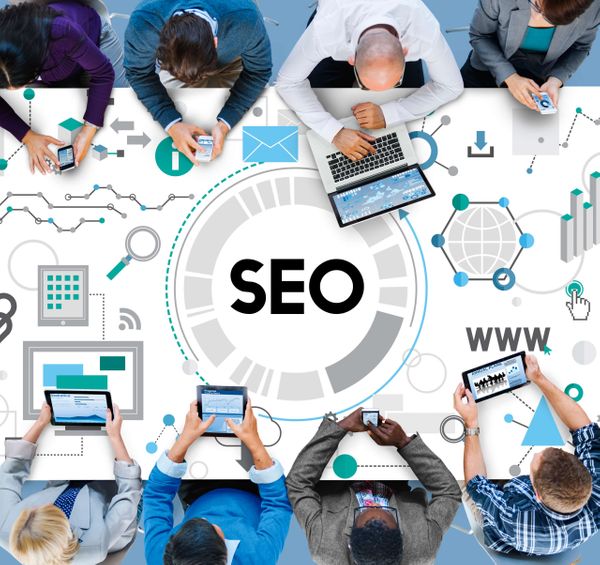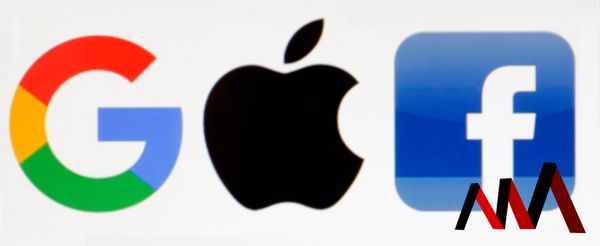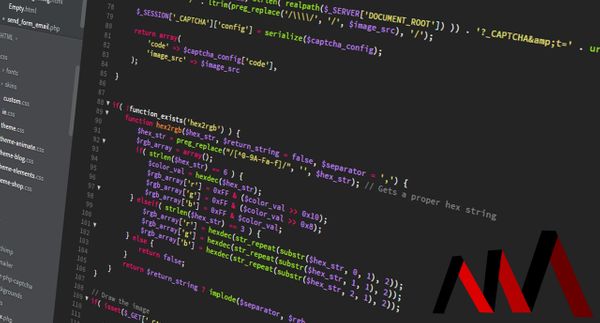[Opinion] Yes, Social Media Censorship Should Be Scrutinized To Limitation - Part I
For my return after the significant lack of time I had since last article, I will continue to highlight private social media censorship and its concerns over the wider scale of global societal developments in the foreseeable future.
Before the scene of Social Media Censorship
Once upon a time, one could go out with paper, ink, and a camera to explore the world around them to report, create, and entertain the minds of others. However – the last 30 years to the year – those tools of communication and creation have become translated into the language of zeroes and ones, to web pages, to bulletin boards where the anonymous plurality grant themselves access to information, now to tweets and reports and stories and comment sections.
For over a month, one of the formerly most powerful voices – albeit one of the most controversial – managed to be successfully attacked in a coordinated manner by numerous separate entities that functioned as tools of communication for billions of individuals and organizations worldwide while claiming to uphold the banner values of freedom of speech, free access to information, and individual choice. But yet, these entities continue to use their digitized infrastructures to bubble up information and even generate lies among millions.
It is essential, for a future desirable to all that admire the causes of all, to recognize that in a system where a vaguely selected minority of leaders have the power to select a further minority of power over a vast majority of society, to be aware of the efforts to actively subvert the rights of others as well as monitor the power of their gifts to the world that they actively promote to all and often have to be used for all.
What am I Getting At?
The insurrection of the Capitol on January 6 may have forced the hand of various terms and conditions policies to finally end the controversial, and sometimes dangerous, use of social media by former President Donald Trump within the 48 hour mark of the attack, but it marked a pinnacle in the growing public discourse and cultural conflict over free speech online, particularly on private social networks and other technologically-power sectors based most famously in Silicon Valley.
Now granted, the debate extends much more than the web-powered devices and platforms to the nature of the Internet itself, as I have written several times by now . If anything, this would be a new extension to that very series, addressing the updates over the last twenty years and the rise of extremist leaders across the political spectrum online.
However, I am adding my personal opinions which I could mention potential solutions and whatnot, but I will fully admit that I could never explore every single potential solution that is available right now and may focus on the fundamental reworking of the relationship between government and private interests.
Social Media Censorship? That’s Only Breaking Agreed-Upon TOCs
For about a decade, the concept of public forums on social networks where one may explore years, if not decades, of historically archived debate and researched opinions has become a reality. Systems like boards and comment sections force open – and frankly raging – debates over anything now. However, the growth of corporate consolidation over terms and conditions policies have forced consumers to extensively neglect the effects of their online lives and the control the holders of those policies have. While newer versions of services and a new European Union law have been updated to simplify the significant major points internet-based services have to tell their users in order to show their service, blankly reading the texts of the terms of conditions has become a changing pace of a task, especially for social networking companies.
Sure, this is just private companies holding themselves to increasingly higher standards for their users to avoid active harm to others and to their stockholders, right? Certainly, the companies have as much right to control as an individual providing a physical commodity, but what about those who have no other power? Racial, sexual, and other historically discriminated minorities all had little choice to invest into their own services and had to endure discrimination via established essential services until government intervention in the 1960s forced certain types of private discrimination to end.
But even now, as the Equality Act gets passed by the House of Representatives after years of being subsided by an obstructive block of the Senate, there’s still obviously work to be done. As many of the numerous hearings held during last year over the potential collusion of Google, Facebook, and Apple to mitigate certain voices during the election campaign began to hear over, the accusations of algorithmic bias under the informal processes of shadowbanning (limiting others’ access to one’s voices) and deplatforming (simple blocking every and all possibility of communication) ran high. But yet, this was not on race, or gender, or even physical disability, but over political orientation.
Social media censorship through political alignment, often under the guise of anti-conspiracy hysteria from recent efforts by fact-checkers, is becoming as much of a concern in the online world as much as in the real world unfortunately. However, while the case of global-scale social media discrimination against minority voices advocating for conservative positions were heard, especially in last month’s collusion and antitrust lawsuits , it is also as important to focus on individuals suing services to collectively discriminate, particularly during a case involving former President Trump’s blocking of Knight Institute journalists early in his term. There, the Second Circuit Court of Appeals ruled that the blocking of ten journalists that criticized a post of the @realdonaldtrump Twitter account was indeed “a public forum” where government speech could be freely criticized without discrimination on political alignment.
So, we have seen courts rule in how government actors cannot discriminate over political alignments even over a private setting, but yet terms and conditions became empowered enough to coordinate only two years later on a world leader? And if private social networks were granted cheers for ending Donald Trump’s reign over Twitter as part of their private rights as a company, what exactly is the difference between political discrimination to that historical discrimination concerning marginalized groups?




